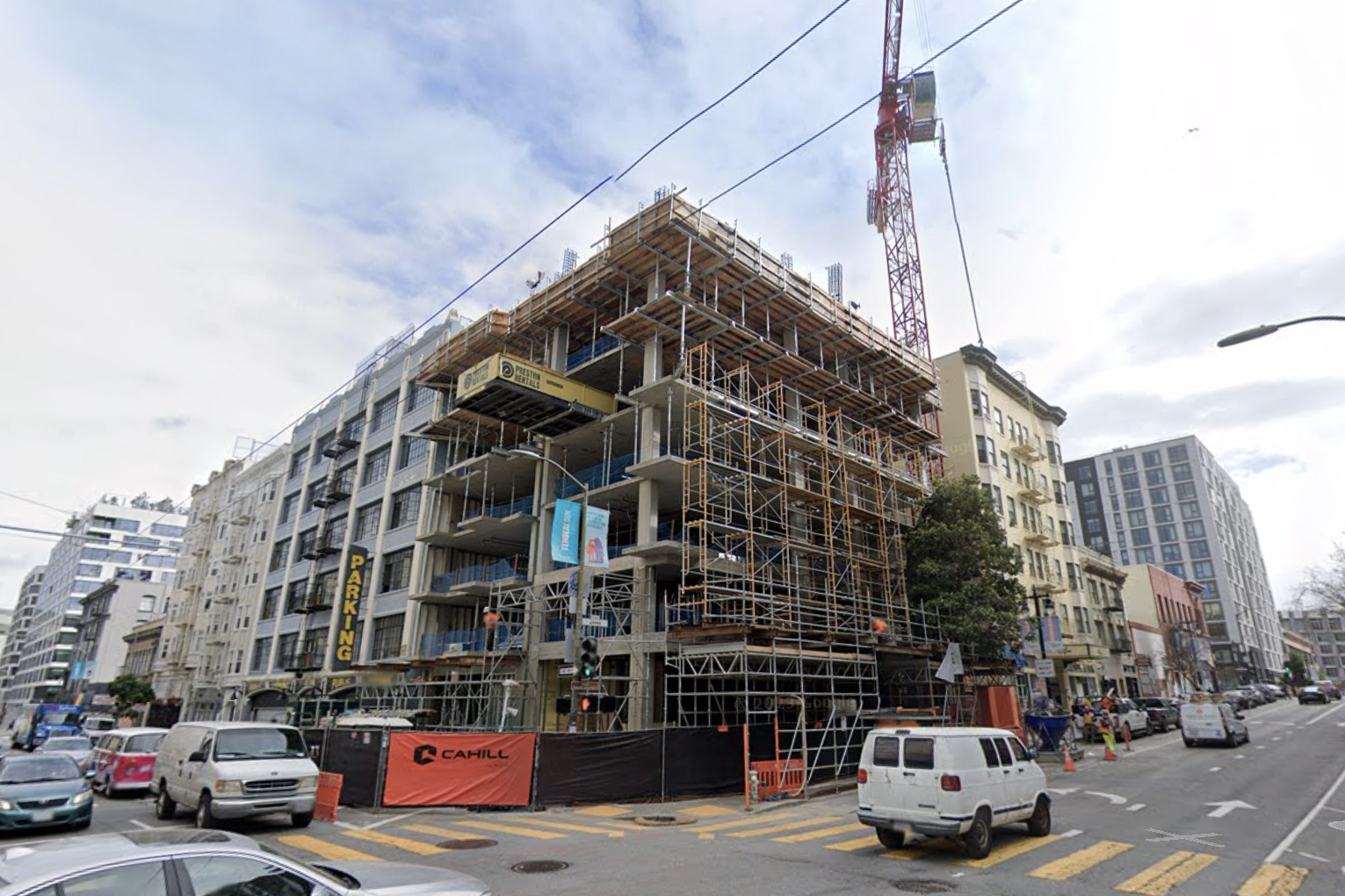A report examining a key San Francisco housing department revealed a lack of transparency in approvals for affordable housing projects, igniting debate over the causes of the city’s housing gridlock and leading one supervisor to demand greater oversight.
The report, released Tuesday by the Board of Supervisors' Budget and Legislative Analyst Office, found that the Mayor’s Office of Housing and Community Development ended the last fiscal year with $537 million in excess funds and stated that the department doesn’t properly track progress on certain goals.
The office is responsible for financing the development of new housing while also helping to maintain existing affordable units. But the audit alleges that it hasn’t properly complied with city laws that require regular reporting on the status of affordable housing projects, sometimes relying on its staff members’ memories for documentation and leaving local legislators in the dark.
Preston slammed the department, blaming it for a lack of affordable housing production in the city.
“We knew it was bad; we had no idea it was this bad,” Preston said in a press release about the Mayor’s Office of Housing and Community Development. "[The department] can’t even tell us how much money is committed and how much isn’t.”
In response to the audit, the office acknowledged that it could increase transparency but argued that excess funds, some of which are already committed for new projects, are the result of an ever-changing market and encumbering regulations.
“We are closing on project loans weekly,” said Anne Stanley, a department spokesperson, in a statement. “We have three large projects closing in upcoming weeks.”
Meanwhile, other housing advocates called the report unsurprising and indicative of bureaucratic processes—years in the making—that stand in the way of building housing in San Francisco.
Corey Smith, executive director of the Housing Action Coalition, said that the audit provides evidence for how well-intentioned policies meant to reduce the impact of new housing on existing neighborhoods stand in the way of making meaningful progress on housing.
The city’s affordable housing production is under increasing pressure as the city attempts to make good on its promise to the state to make room for 47,000 affordable housing units, and 82,000 units total, by 2031.
“[The report] has data and quantitative information that one would think could help us make the argument to streamline some of this process,” Smith said. “But not everybody at City Hall thinks that that's the case.”
Sam Moss, executive director of Mission Housing Development Corporation, was critical of the report's findings though he also acknowledged the need for greater transparency. Moss contended that any leftover money is likely already allocated and hasn't been spent because of complicated processes and colliding interests that can stymie housing production.
Moss described loan companies, politicians and developers landing on conflicting timelines that often complicate the process of starting construction.
“I didn't find this audit to be a smoking gun,” Moss said. “All of us can do better. But we're not going to get better unless we acknowledge the actual difficulties and frustrations in raising the $100 million that it takes now to build a new apartment building in San Francisco.”
The audit has intensified criticism from Preston, who lambasted the department for allegedly prioritizing market-rate housing at the expense of affordable housing in the city.
“It is alarming that the crucial task of affordable housing production is entrusted to a department that has no oversight,” Preston said. “We need serious, structural changes before this Mayor blows more affordable housing opportunities.”
